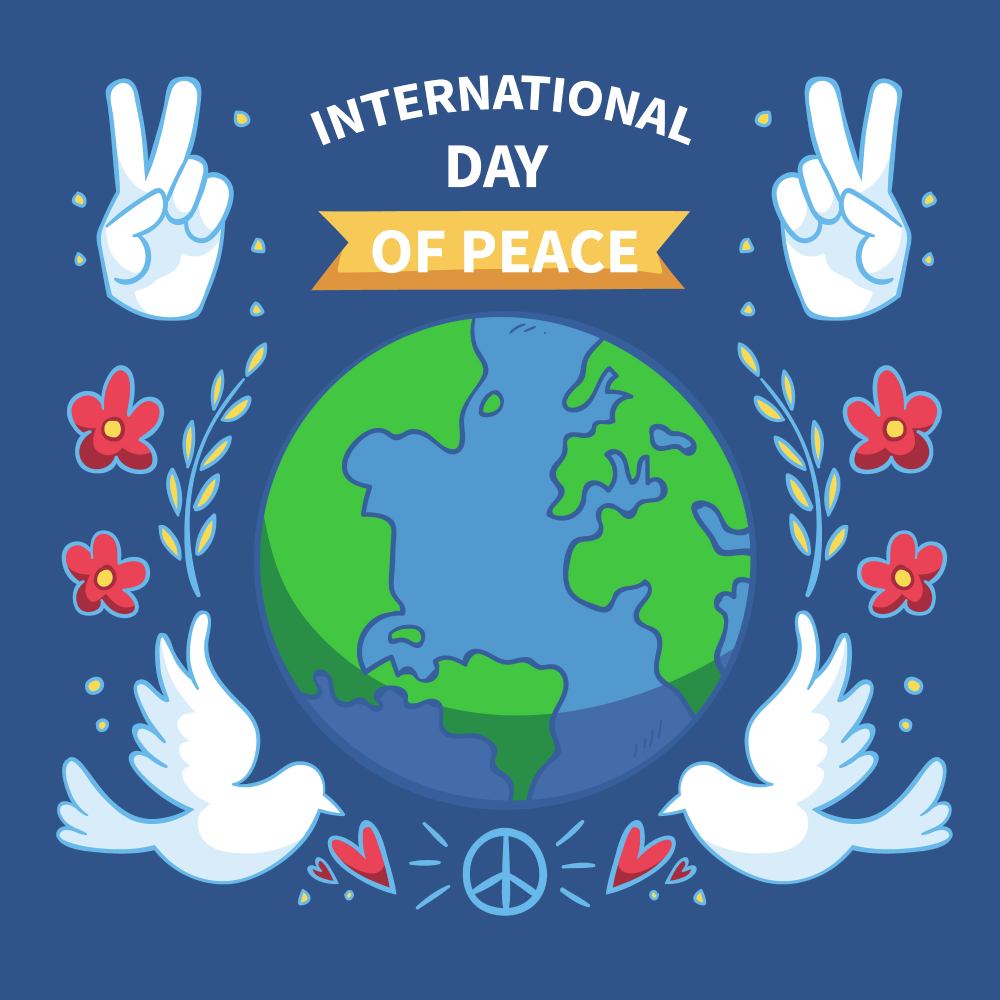On International Day of Peace, BUSY Health is raising awareness of the importance of peace (individually and collectively) and the need to recognise the impacts of war, violence and trauma on mental health. Through counselling and psychological services, BUSY Health can assist individuals with identifying and implementing effective strategies to deal with the practical impacts of conflict in their lives.
“The International Day of Peace is observed around the world each year on 21 September. It provides a globally shared date for all humanity to commit to peace above all differences and to contribute to building a culture of peace.”

Action for Peace
This year’s theme is Action for Peace: Our ambition for the #GlobalGoals. It is a call to action that recognises our individual and collective responsibility to foster peace.
International Day of Peace serves as a global reminder of the importance of peace and its profound impact on mental health. The day encourages reflection on the consequences of conflict and violence on individuals’ well-being and collective mental health.
BUSY Health’s accredited counsellors and psychologists can provide support for those affected by conflict.
Supportive Health Interventions may include:
- Reduction of Anxiety: Peace fosters a sense of security and stability, alleviating anxiety that arises in conflict zones or during times of tension.
- Reducing Impacts of Trauma: Peaceful environments provide opportunities for individuals to heal from trauma and post-traumatic stress.
- Improved Social Cohesion: Peace encourages social harmony, reducing feelings of isolation and promoting a sense of belonging, which are vital for mental health.
- Stress Reduction: The absence of conflict-related stressors contributes to lower stress levels among populations.
Support mental health on International Peace Day
We can all get involved in promoting peace in our families, workplaces and communities by:
- Raising awareness: Educate communities about the link between peace and mental health to reduce stigma surrounding mental health issues.
- Promoting conflict resolution: Teach conflict resolution skills to empower individuals and communities to resolve disputes peacefully.
- Supporting mental health services: Advocate for increased access to mental health services, especially for individuals or communities affected by conflict.
- Fostering reconciliation: Encourage dialogue and reconciliation efforts to heal wounds and rebuild trust in communities or conflict-affected regions.
- Engage in acts of kindness: Small gestures of kindness and compassion can go a long way in promoting mental well-being and a culture of peace.
By recognising the connection between peace and mental health on International Peace Day and taking proactive steps to support those affected by conflict, we can contribute to a more peaceful world.
Need support to find inner peace?
BUSY Health can assist individuals with anxiety or the impacts of conflict, domestic violence or trauma. Our AHPRA accredited psychologists, qualified counsellors, and occupational therapists provide confidential one-on-one support.
You can access our services in several ways including self-referral, through your NDIS plan, or GP referral (including Medicare packages).
Enquire today and find out more about BUSY Health services.
Article contributed by Gibran Janif. Gibran is an AHPRA registered Occupational Therapist with experience in supporting clients from conflict zones to overcome barriers and engagement in meaningful activity.
